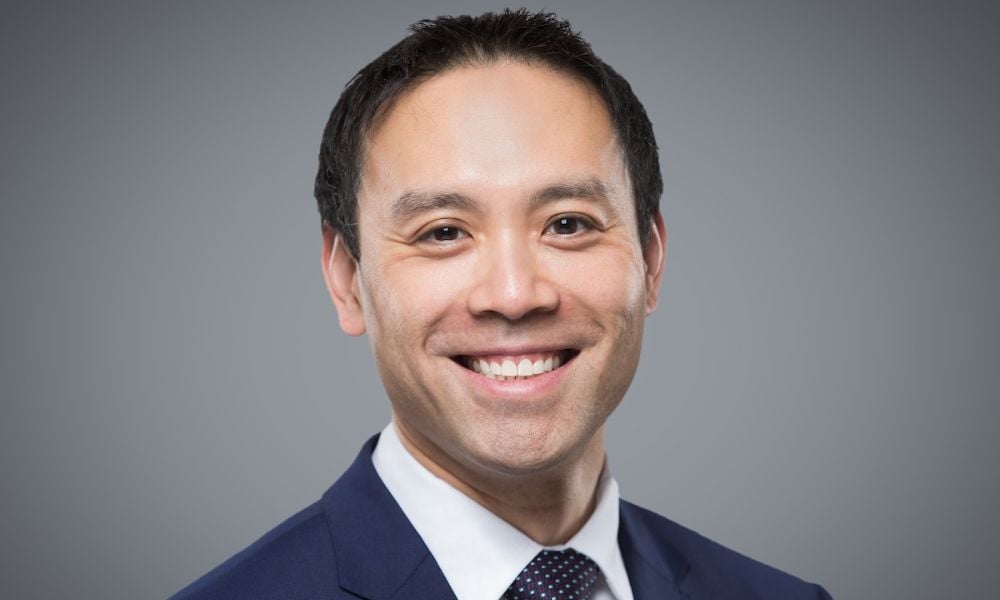When was the last time you updated your wellbeing plan?

Are you investing in your people’s wellbeing? What steps have you actually taken over the past few months to make authentic, tangible, change? The pandemic upended how we think about wellbeing and mental health – it moved the goalposts. Wellbeing plans, psychological health programs, are not a ‘nice to have’, they’re an intrinsic part of overall strategy.
“This is really a discussion around the creation of a culture of wellbeing,” Dr Raeleen Manjak, chief human resources officer at the City of Vernon, told HRD. “Not only does this encompass shared values, expectations, and overall attitudes, but also it influences how our community participates in their professions each and every day.
“A culture of wellbeing really is about prioritizing employee mental wellness and offers support so that all members of the community can not only survive but thrive in the workplace and in their personal lives. Ways to do this are to measure each of the factors that would play a role in the well-being question, such as emotional and physical health, relationship with co-workers and leadership, levels of stress, financial worries, etc. This will provide insight into how to map out the plan to create the culture of well-being and the future strategies that can help build the foundation.”
How to embed a culture of caring
Some ways of revolutionizing your wellbeing plans could include mindful communication – practicing active listening and empathetic leadership - as well as upskill teams on dealing with wellbeing issues. It’s important to not only train your managers in mental health care, but all staff. Something Dr Manjak knows all too well.
Read more: CEOs don’t feel responsible for employee performance
“At the City of Vernon, we conducted a Guarding Minds at Work® Survey to provide the benchmark for our work in this realm,” she told HRD. “From there, we are in the process of developing a City centric, employee focused program called THRIVE (The Holistic Resilience Initiative for Vernon Employees) that will have ten (10) dimensions of wellness and will be supported in a multi-modal environment – using both innovative technology and face-to face customization tailored to each individual’s need and comfort level. This is still in development, and we hope to have our framework built by the end of the year.”
An HR revolution
COVID changed the way the C-suite not only view mental health, but also HR leaders as the guardians of that health. In a recent interview with Arianna Huffington, the founder of The Huffington Post and behavior change tech company Thrive revealed that, moving forward, HR leaders are the most important members of the C-suite.
Read more: Remote work: How can leaders improve their communication?
“In the past, HR was seen by some CEOs or CFOs as warm and fuzzy – a ‘nice to have’ benefit,” she told HRD. “Now it’s finally being recognized as essential for the success of a company. This means there’s a huge opportunity not just to address our current problems, but to futureproof the business for the long-term. Let’s face it, companies can no longer afford to do maintenance - they need to be constantly innovating, constantly creating. This is much harder to do that when you’re running on empty, when you and your team are all burnt out.
“As such, taking care of your employees is now essential for the business. Essential for leaders. There’s a new urgency to the work HR leaders are doing, because unless firms make a concerted effort to inspire and uplift their struggling staff, we're going to have a mental health crisis on our hands.”








